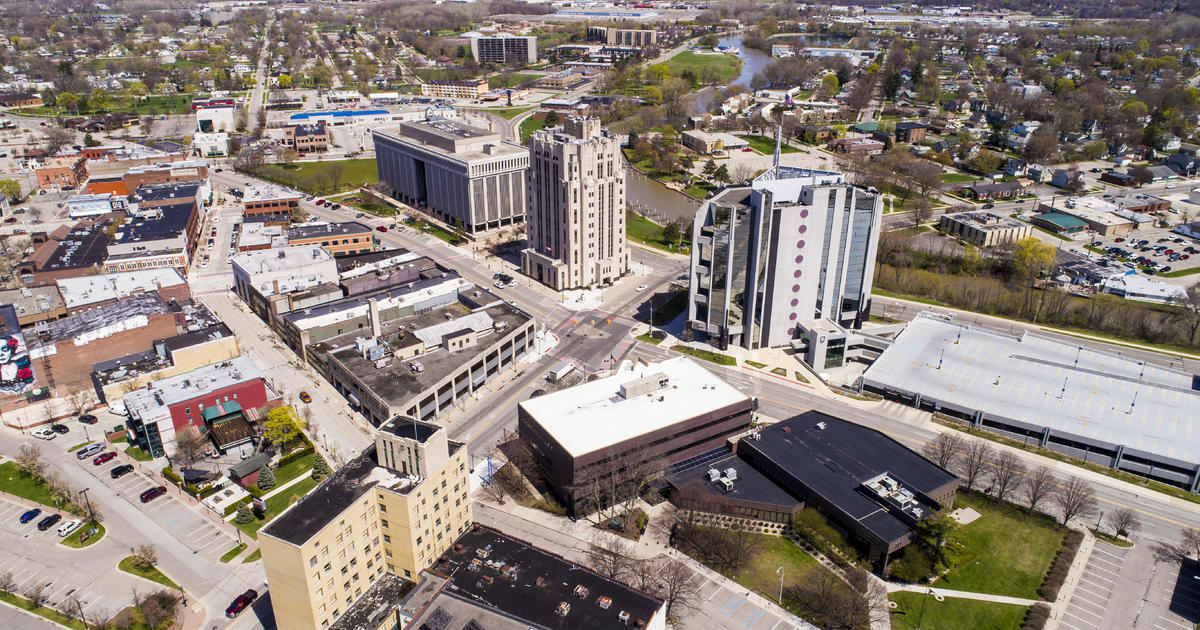Michigan's New Expungement Laws Offer Second Chance
LANSING, Mich. (AP) — Julia Elkins wants to go on school field trips with her daughter like other parents, but felonies from almost a decade ago related to her drug addiction will keep her ineligible unless she gets her criminal record expunged under new laws in Michigan that took effect this month.
Seven years of sobriety, a good job, a house and the transformative hard work it took to build a good life isn't enough when she has to check "yes" next to the "have you ever been convicted of a felony" box on housing, school, job and other applications, Elkins said.
"Because I have this record and I have this past, even though it's been seven years and I haven't touched a thing and I haven't been in trouble, they look at my record and because of this thing, I can't do anything with her," Elkins said. "I can drive separate to be with my daughter, but me and my daughter have to stay away from everybody else and do our own thing."
Elkins and her fiance are among the hundreds of thousands of Michigan residents convicted of felonies who are seeking reprieves so they can have more opportunities. According to the Michigan attorney general, as many as 1 million people could be eligible for expungement under the new laws.
Supporters of the legislation that expanded eligibility for expungement say once people have paid their debt to society and are working to create a better life, the state ought to create opportunities for them to succeed.
Expansions under the "Clean Slate" laws include eligibility for up to three felonies and unlimited misdemeanors, excluding certain assault or weapons offenses and felonies that carry a maximum sentence of life in prison. Many traffic offenses will be eligible for expungement, but operating while intoxicated or traffic offenses that caused injury or death are not.
Those with marijuana-related misdemeanors can apply for expungement if their offenses would have been legal when recreational use was approved in 2018.
Helping people get jobs and housing after they've served their sentence is in society's best interest, said John Cooper, executive director of Safe & Just Michigan, which advocates for policies in safety and justice. It reduces the likelihood a person will reoffend and ultimately reduces future victimization, he said.
"If you look at the the main avenues for social mobility in our society, whether it be post-secondary education, access to business loans, occupational licensing, obviously housing and employment, all of those different areas require a person to check a box about their criminal record, and if you do check that box, you're unlikely to be able to obtain the benefit you're looking for," Cooper said.
© 2021 Associated Press. All Rights Reserved. This material may not be published, broadcast, rewritten, or redistributed.



